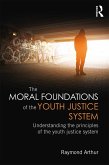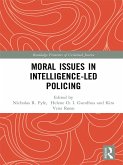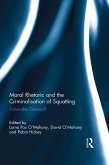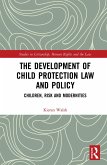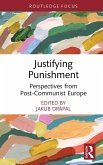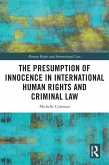This book proposes an explicit recognition of criminology as a moral science: a philosophically textured appreciation of the presence and role of values in people's reasoning and motivation, set within an empirically rigorous social-scientific account. This endeavour requires input from both criminologists and philosophers, and careful dialogue between them. Criminology as a Moral Science provides such a dialogue, not least about the so-called 'fact-value distinction', but also about substantive topics such as guilt and shame.
The book also provides philosophically-informed accounts of morality in practice in several criminological contexts: these include whistleblowing practices within a police service; the dilemmas of mothers about who and what to tell about a partner's imprisonment; and how persistent offenders begin to try to 'turn their lives around' to desist from crime. The issues raised go to the heart of some currently pressing topics within criminology, notably the development of 'evidence-based practice', which requires some kind of stable bridge to be built between research evidence ('facts') and proposals for policy ('evaluative recommendations').
The book also provides philosophically-informed accounts of morality in practice in several criminological contexts: these include whistleblowing practices within a police service; the dilemmas of mothers about who and what to tell about a partner's imprisonment; and how persistent offenders begin to try to 'turn their lives around' to desist from crime. The issues raised go to the heart of some currently pressing topics within criminology, notably the development of 'evidence-based practice', which requires some kind of stable bridge to be built between research evidence ('facts') and proposals for policy ('evaluative recommendations').




